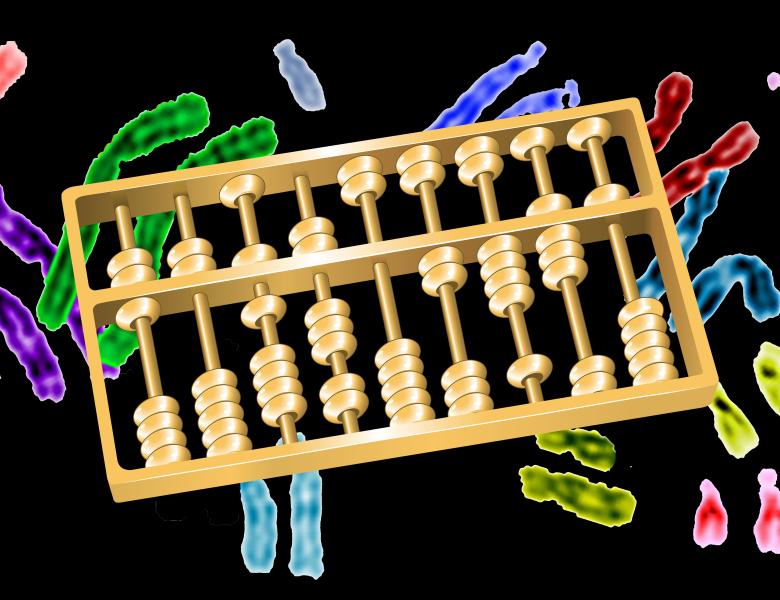Image

Alternative isoform usage is known to be have an important impact in some genes related to cancer progression. Mutations of genes in the splicesome have also been reported in some cancers, which could result in widespread alteration in the splicing patterns in tumors. I will discuss in my talk methods we have developed for detecting patterns based on alternative splicing in cancer. The first approach focuses on the question of finding differential expression in splicing patterns between known groups. The other focuses on clustering methods to find clusters that are characterized by differences in alternative splicing.